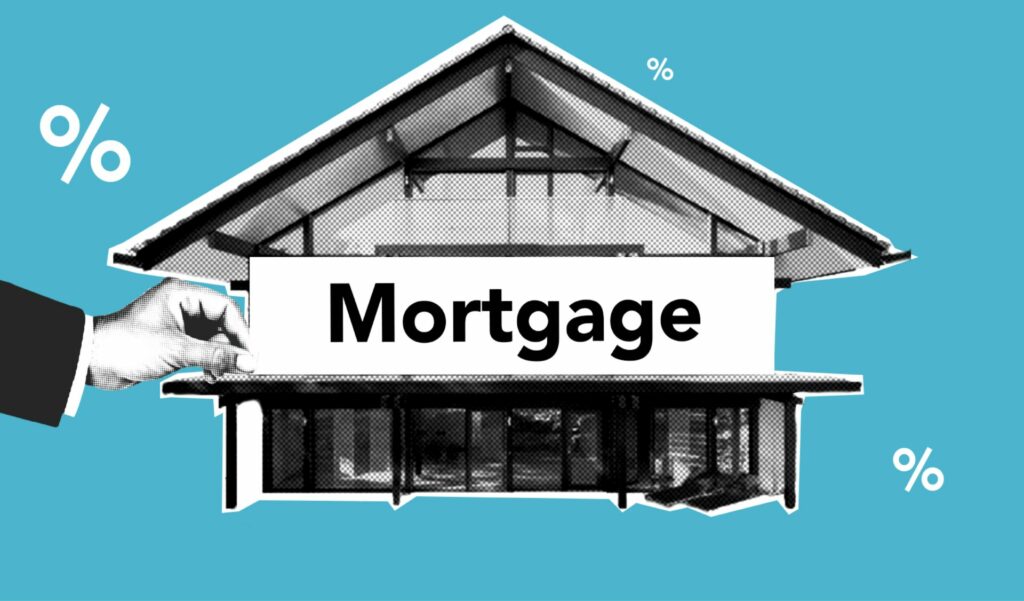
In the 1990s, the average house prices in Canada plummeted between the months of March and September. This resulted in the property values decreasing by up to 50%, depending on the location. Interestingly, the interest rates were not as high in the 1990s, as they are today, although considering the economic conditions of the 1990s, they were still high for that market. Nevertheless, the reason why house prices plummeted is attributed to one factor, and that is the unemployment rate.
In 1980s, the unemployment rate was at 7% and in the 1990s, it spiked to 12%. This is the highest unemployment rate recorded in Canadian history. The decreasing housing prices in such circumstance would make sense because citizens need jobs to generate income and through that income, they may purchase homes. If there is no income, then there is no money to buy homes which results in supply outweighing the demand consequently decreasing the value of housing inventory.
Considering the current situation of the housing market, although the interest rates are increasing, they are not rising in a significant manner. On the off chance, if there is a considerable spike, it would not reduce home values substantially. Furthermore, Canada’s current employment is at 5.9% which is well below the 50-year average. These figures are slightly inflated because of the recent pandemic, but when people get back on track and start working in an effective manner, the employment rate would become stable.
Although the interest rates have increased, the housing market is enmeshed in fierce competition and the home prices are skyrocketing by the day. The current situation is becoming difficult for first-time buyers as well because of the fact that they can no longer benefit from low interest rates and have to deal with surging house prices as well. Experts have predicted that the average house price will not decrease unless the supply and demand of houses is catered. The surging interest rates will also not have a significant impact.

Even though the interest rates are increasing, analysts have highlighted that house hunters will still have plenty of buying power to purchase a home. A Toronto broker revealed that their clients are not letting the rate hike deter them from purchasing a house because the interest rates are still lower than they were pre-pandemic.
Another important aspect to highlight is that the government of Canada will allow the immigration of more than 400,000 people into Canada. This will further surge the demand for houses leading to a further increase in prices if housing supply requirements are not fulfilled. The only method which would deter homebuyers, highlighted by experts, is pertinent to investors increasing the percentage of down payment.
Moreover, parents who already had a mortgage, are further applying for new mortgages in order to assist their children in buying their first home. Many people are willing to sacrifice their future debt to ensure that they can enter the market now. Some experts have recommended that borrowers should not try to time the market and wait for lower home values or interest rate decreases. This has always been a bad strategy. If a homebuyer is aiming to purchase their first home, now would be the best time to apply for a mortgage and purchase a house.


